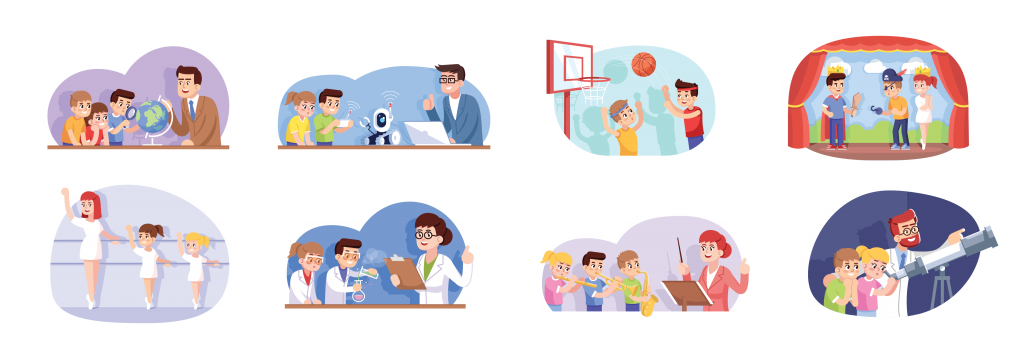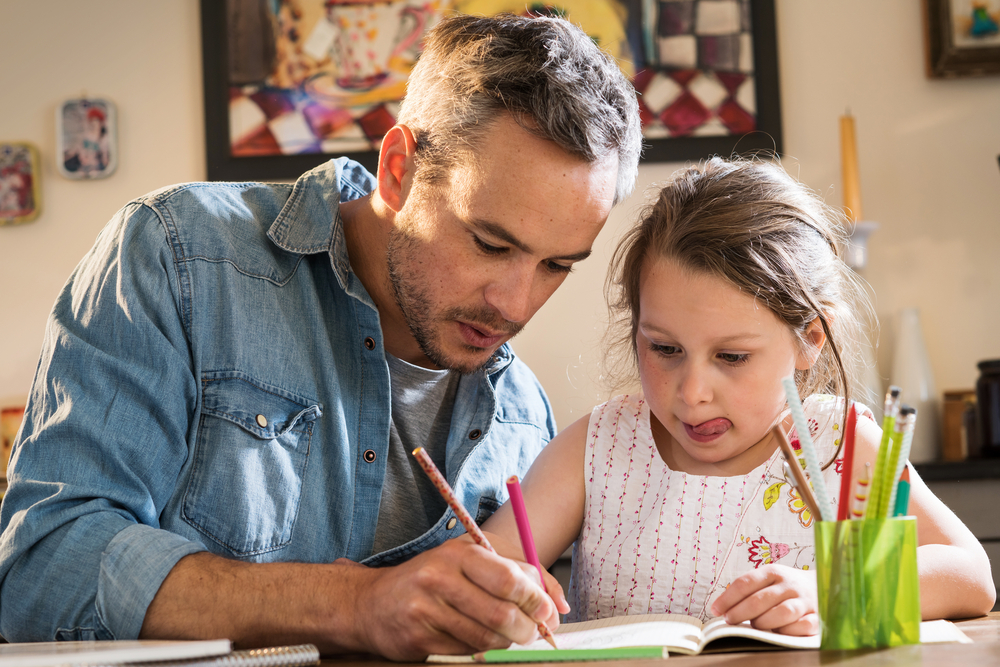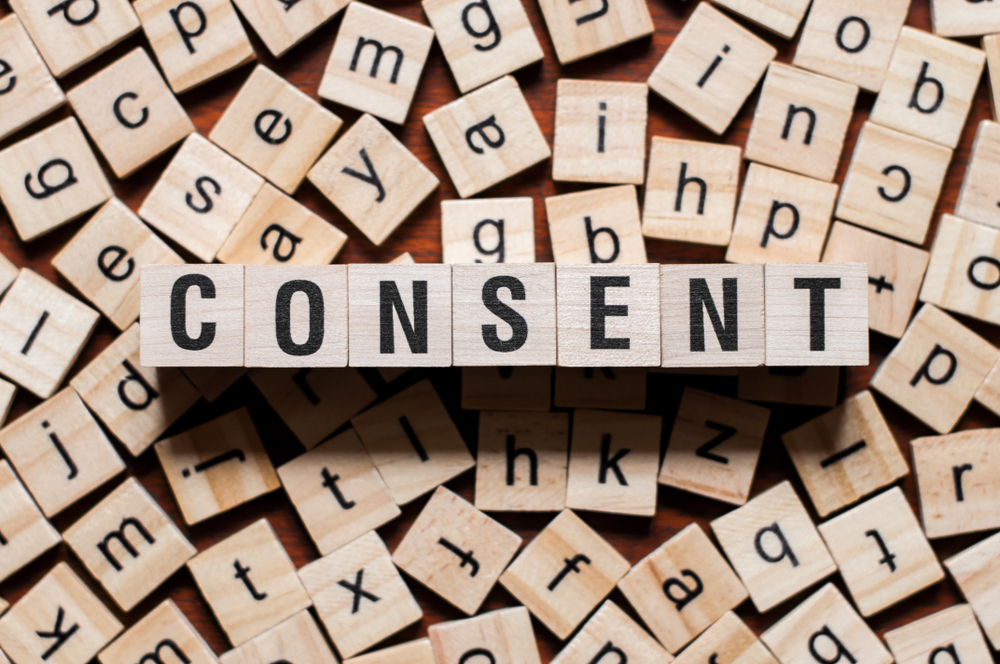

Last Updated on August 3, 2023 by user
We’ve all known someone who is a great communicator. This is the person who usually has an impressive vocabulary, an engaging speaking ability, and tons of charisma. They have a knack for noticing and interpreting body language, and it sometimes seems they know what someone is thinking simply by looking at them. These abilities are what give them a better-than-average grasp of language — the ability to ‘read a room,’ and to speak to the topics relevant to those listening. If you’ve ever sat through a riveting seminar or watched an engaging TED talk, you’ve encountered these adept communicators.
And then there are the writers — people who excel at putting words on paper. They have a good grasp of grammar and punctuation. They know which letters require capitalization, and they’re able to string different types of sentences together in a way that makes them sound engaging and that draws the reader in. They’re also able to impart ideas in a way that the reader easily understands. Think of your favorite author and all the ways they have drawn you into a story, and you’ll have a good example of someone who has a keen understanding of language.
In very young children, strong language skills are important because they make life and people easier to understand. Often, it’s the children who are the best communicators who grow up to become the corporate CEOs, the politicians, the speakers, and the writers. And it all begins with strong language skills.
Language is the principal method of communication among humans. As such, its importance cannot be underrated. Children who have a keen grasp of age-appropriate language find it easier to communicate with peers, with teachers, and with other adults. They also usually find it easier to learn and to master unfamiliar topics, because they have the tools needed to ask questions, explore ideas, and draw reasonable conclusions.
It’s important to note that there are many languages, and not all of them are spoken. For instance, Morse code is a type of language that uses long and short signals of either light or sound. Still, people who understand it are able to communicate complex ideas to one another. American Sign Language, or ASL, is a second type of nonverbal language that allows people who can’t hear to communicate effectively with others, both hearing and deaf. PECS, or the Picture Exchange Communication System, is an image-based form of language that’s often useful for children who have autism or other communication challenges. Writing is another form of language that does not require speech.
There are other subtle nuances that play roles in language, as well. These include facial expressions, eye contact, tone of voice, and body language. These are all useful as augmentative or alternative methods of speech for children who are nonverbal. There are also more high-tech options available, such as android or iPad tablets and speech-generating devices — computers that speak words when children type in data or press buttons.
If your child has difficulty with spoken language, an SLP, or speech language pathologist may be able to help.
For young children, language is important because it helps them form connections. Long before a child enters kindergarten, most have used language to make connections. They understand the concepts of ‘mom’ and ‘dad.’ They understand words such as ‘breakfast,’ ‘pet’, and ‘brother.’ As they begin school and expand their vocabularies and skills in language arts, they’re able to increase their knowledge of the surrounding world through language.
Children who have underdeveloped skills in language sometimes go undiagnosed until they begin attending school and the issue becomes more apparent. Common causes of speech and language delays in young children include:
When a child is unable to hear what others say, unable to process what they hear, or unable to respond verbally, learning becomes a challenge. If you suspect your child may have difficulty processing language, talk with your pediatrician first. Usually, this type of problem is discovered early on, through your child’s regular well-visit appointments. Still, a language delay may be tough to diagnose. A referral to a speech therapist could provide solutions.
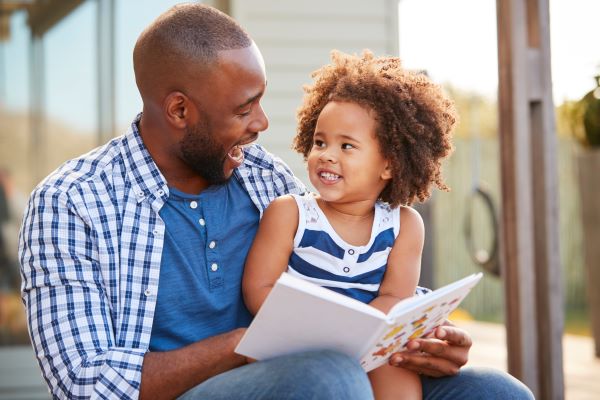
As a parent, there is much you can do to help foster strong language skills in your child. This begins at birth. When you regularly talk to your baby, read to them, and interact with them verbally, you’re helping them make connections between sound and meaning. As a child grows older, sing to them and with them. Use gestures in your songs to help cement the ideas being presented. Talk to your child using open-ended questions that require more than just yes or no answers, and when they point to an item, say its name and encourage them to do the same. Tell stories, plan trips, and listen when your child talks. Give them your full attention and respond accordingly. By making language an important part of your everyday life at home, you can help your child become more comfortable and more confident with their skills in communication.
Help your child put on a puppet show, or give them accessories to role-play their favorite cartoon characters. Read to them daily — everything from picture books to the comic section of the local newspaper, and encourage them to read to you and to younger siblings. Play knock-knock games, riddles, and rhymes. Eat dinner around the table every night, and encourage conversation. Have family meetings and encourage everyone’s input. Plan plenty of activities for your child to interact with other kids his own age, such as play dates, sleepovers, or trips to the park. And take time every evening to sit down and talk as a family before bed. Even if your child doesn’t always have a lot to say, just listening to everyone else share the highlights of their day is helpful for boosting communication skills.
Word games such as Scrabble, Boggle, and Bananagrams are terrific language builders, as are crossword puzzles and word finds. Games that go around the room and require players to add to a song or story are ideal, as well. Mad Gab, Play on Words, Pictionary, and charades also boost language skills.
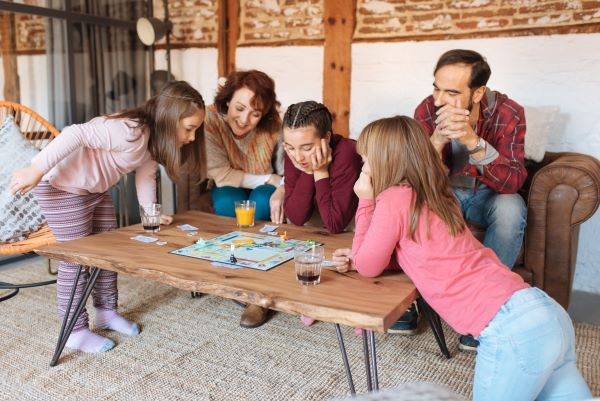
In addition, there are many mobile apps that will help your child polish their skills in reading, spelling, and writing. These include ABCMouse, ReadingEggs, Starfall, and SpellingMaster.
It’s important to know that though your child may not possess the same language skills as other children the same age, this is not necessarily an indicator that something is wrong. Children develop according to their own individual time clocks, and comparing your child’s strengths and weaknesses to another’s may just lead to unnecessary worry and concern. Talk with your child’s pediatrician if you suspect a problem, and take comfort in the fact that even children who struggle with cognitive skills such as language often ‘catch up’ as they grow older, especially if they receive early intervention services.
Parents.com: 9 Ways to Help Your Child’s Language Development, by Colleen Davis Gardephe
Scholastic.com: 9 Easy Ways to Build Your Child’s Language Skills
The Language Tree: Child Language Development, by Speech in a Sec
A Window to the World: Promoting Early Language and Literacy Development, by Zero to Three

